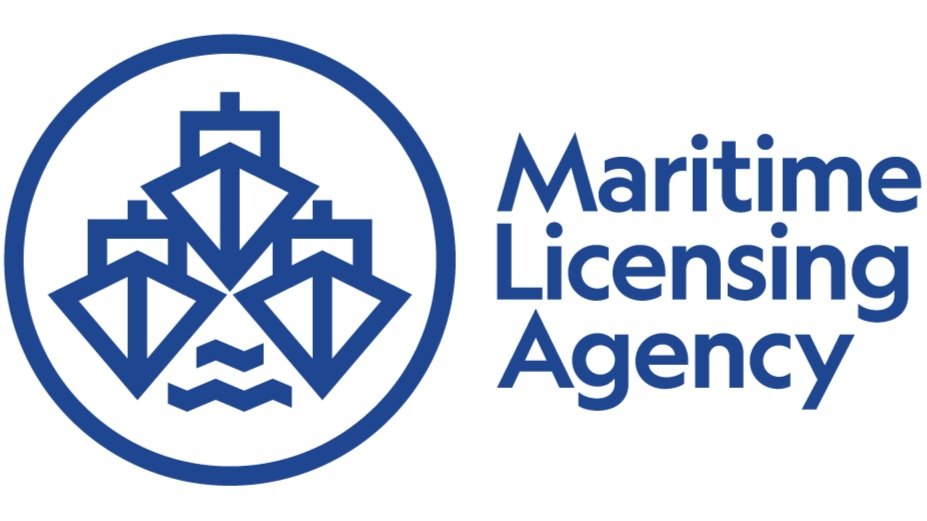
Professional Seafarer Renewal Services for Maritime Professionals
Our Services
-
Seafarer Renewal
Let Maritime Licensing Agency assist you in securing your offshore credentials. We will manage the tasks associated with your certifications including, applications, fees, editing color photos if needed, review sea time/service letters, and advise if other documents are required.
-
Originals, Upgrades, and Renewals
We are committed to facilitating every aspect of your certification experience by being available to answer all your inquires in a timely manner.
U.S.C.G. MMC
⋆
Liberia
⋆
Republic of Marshall Islands
⋆
Vanuatu
⋆
Panama
⋆
U.S.C.G. MMC ⋆ Liberia ⋆ Republic of Marshall Islands ⋆ Vanuatu ⋆ Panama ⋆
Here to serve.
We proudly provide service to mariners operating out of several foreign consulates including:
Allow Maritime Licensing Agency to help you manage your offshore career with our full-service, client-centric tools. It is our goal to provide you with a customer service experience second to none. Whether you are a seaman or an officer, you are in good hands with Maritime Licensing Agency. Let MLA do the work while you focus on your maritime career.

The highest standards and unmatched customer support.
FAQ
-
All mariners holding a maritime credential.
-
The eligibility requirements for seafarer renewal may vary depending on the country or jurisdiction in which the seafarer is seeking renewal. However, some common eligibility requirements for seafarer renewal typically include:
Valid Seafarer's Certificate: The seafarer must possess a valid Seafarer's Certificate, also known as a Seafarer's Identity Document (SID), Seaman's Book, or Seafarer's Identification and Record Book (SIRB), which serves as an official identification and record of the seafarer's qualifications and training.
Previous Sea Service: The seafarer must have completed the required minimum sea service on board a qualifying vessel within a specified period. The exact sea service requirement may vary depending on the type of vessel, rank, and certificate being renewed.
Training and Certification: The seafarer must have completed the necessary training and certification requirements as mandated by the relevant maritime authorities or international regulations, such as the International Convention on Standards of Training, Certification, and Watchkeeping for Seafarers (STCW Convention).
Medical Fitness: The seafarer must meet the medical fitness requirements, including physical and mental health, as specified by the relevant authorities. This may involve undergoing a medical examination by an approved medical practitioner.
Age Requirement: The seafarer must meet the age requirement for the certificate being renewed, which may vary depending on the rank and type of vessel.
Citizenship or Residency: The seafarer must have the required citizenship or residency status, as specified by the relevant authorities, which may vary depending on the country or jurisdiction.
Good Conduct: The seafarer must have a clean criminal record and not be involved in any illegal activities or maritime offenses.
Application and Fees: The seafarer must submit a complete and accurate renewal application, along with the required fees, as specified by the relevant authorities.
It's important to note that eligibility requirements for seafarer renewal may change over time and may also vary depending on the specific type of certificate being renewed and the country or jurisdiction in which the renewal is being sought. Seafarers are advised to check with the relevant maritime authorities or agencies for the most up-to-date and accurate information on eligibility requirements for seafarer renewal.
-
Basic requirements include application, color photo on white background, valid passport, medical valid within 2 years or OGUK for lower positions (Ratings) or MOU positions, course certificates valid within 5 years, and additional requirements (specialized medicals and previous documentation of evaluation) for those of India or Philippines nationality. All course requirements can be found on the Panama Maritime Authority website, or we can provide it to you upon request.
-
Go to our website, use the request form, and fill out the information required. You can choose one or more of the consulates you would like to apply for a Seaman’s book. You will need to include the application, passport, color photo, and valid medical in the document section of the request form. Panama does not offer a Seaman’s Identification Record Book like the other consulates. You must apply for a rating which comes with course certificates.
-
Yes, all applications are received and processed electronically.
-
The duration of time it takes to renew a seafarer certification can vary depending on several factors, including the specific type of certificate being renewed, the country or jurisdiction where the renewal is being processed, the completeness and accuracy of the application, and the workload and processing times of the relevant maritime authorities or agencies. In general, the time it takes to renew a seafarer certification can range from a few days to several weeks.
-
You may still renew at any time as long as all training certificates are valid, hold a current medical.
-
No, the credentials should always be in compliance for auditing purposes.
-
Working with an expired seafarer certification can have significant consequences, both for the individual and for the vessel or company they are working for. Some of the potential consequences include:
⦁ Legal penalties: Operating with an expired seafarer certification is a violation of maritime regulations and may result in legal penalties such as fines, imprisonment, or both.
⦁ Suspension of license: If a seafarer is caught working with an expired certification, their license may be suspended or revoked, preventing them from working at sea in the future.
⦁ Loss of income: A seafarer who is unable to work due to an expired certification may lose income and potentially harm their career prospects.
⦁ Increased risk of accidents: An expired certification could indicate that the seafarer has not kept up with required training and safety protocols, increasing the risk of accidents and potentially endangering the safety of crew members and the vessel.
⦁ Reputational damage: Working with an expired certification could damage the reputation of the individual, the company they work for, and the vessel they are operating.
It is important for seafarers to ensure that their certifications are up-to-date and that they undergo regular training to maintain their skills and knowledge. Employers should also take responsibility for ensuring that their crew members hold valid and up-to-date certifications, to avoid potential legal and safety issues.
-
The grace period for seafarer certification renewal can vary depending on the country and the type of certification. However, in general, there is usually a grace period provided for seafarers to renew their certifications without penalty.
The length of the grace period can vary, but it is typically a few months to a year, depending on the certification and the country where the seafarer is working. It is important for seafarers to be aware of the expiration date of their certification and to make plans to renew it well in advance of the expiration date to avoid any potential issues or penalties.
However, it is important to note that working with an expired certification, even during the grace period, can still be risky and may result in legal or safety issues. Seafarers and employers should prioritize ensuring that all certifications are up-to-date and that necessary training and renewal procedures are completed in a timely manner.


